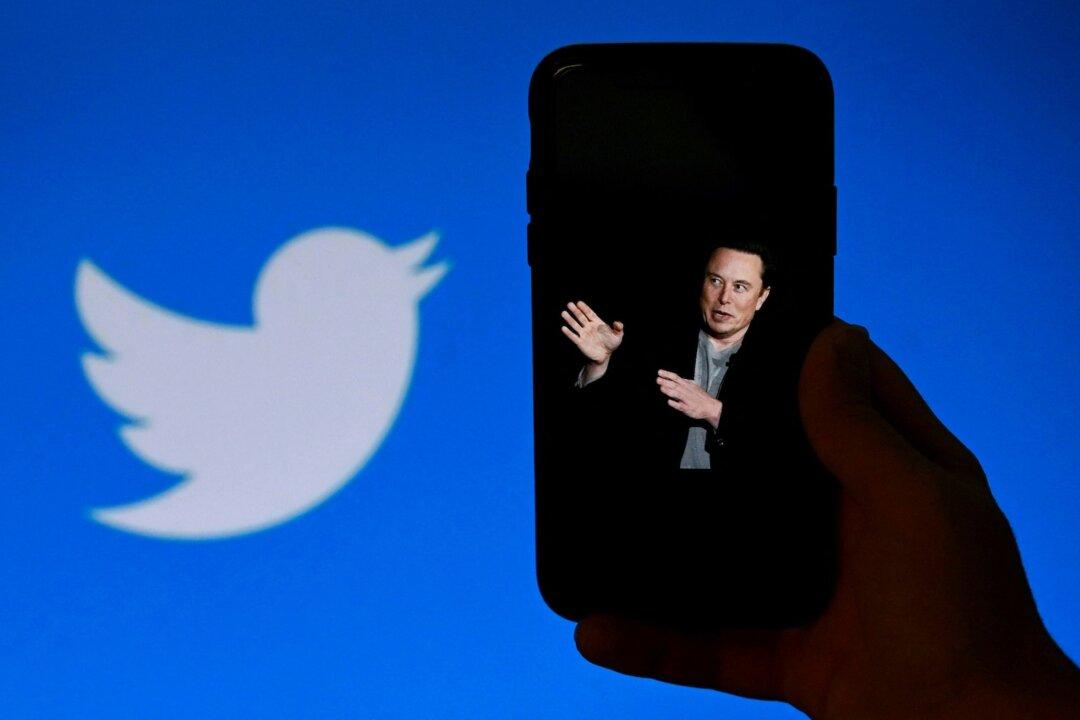The BBC’s “government-funded media” Twitter tag will be relabeled after the broadcaster objected to it, according to platform owner Elon Musk.
On Monday, the BBC protested Twitter’s decision to label its main account as “government-funded media.”

The BBC’s “government-funded media” Twitter tag will be relabeled after the broadcaster objected to it, according to platform owner Elon Musk.